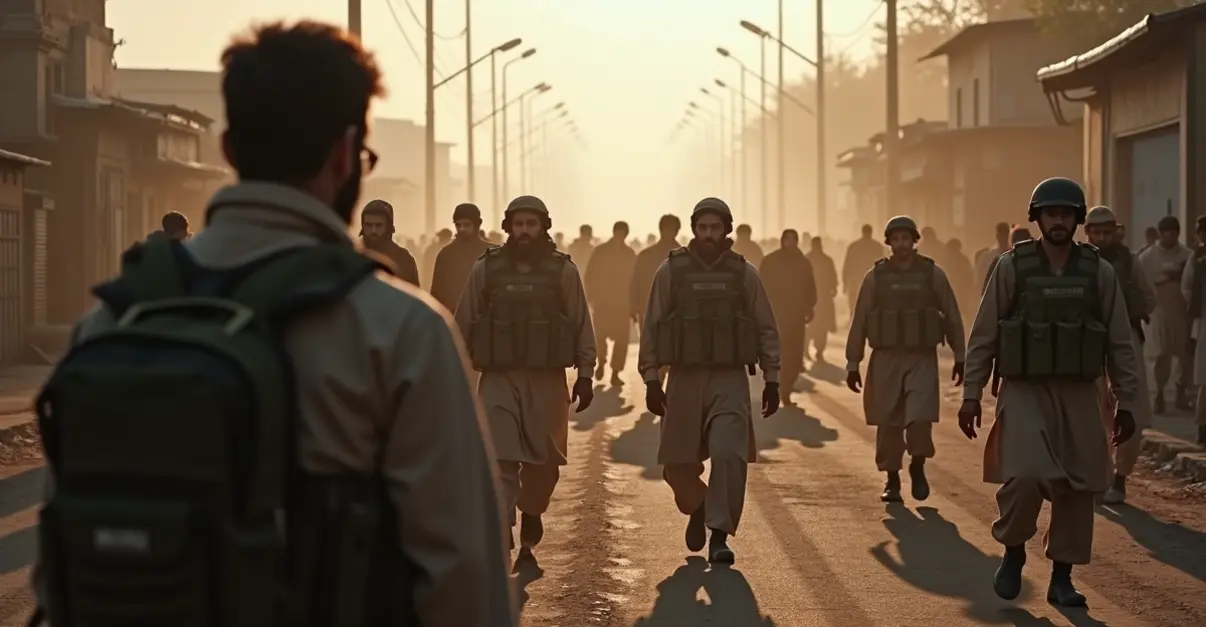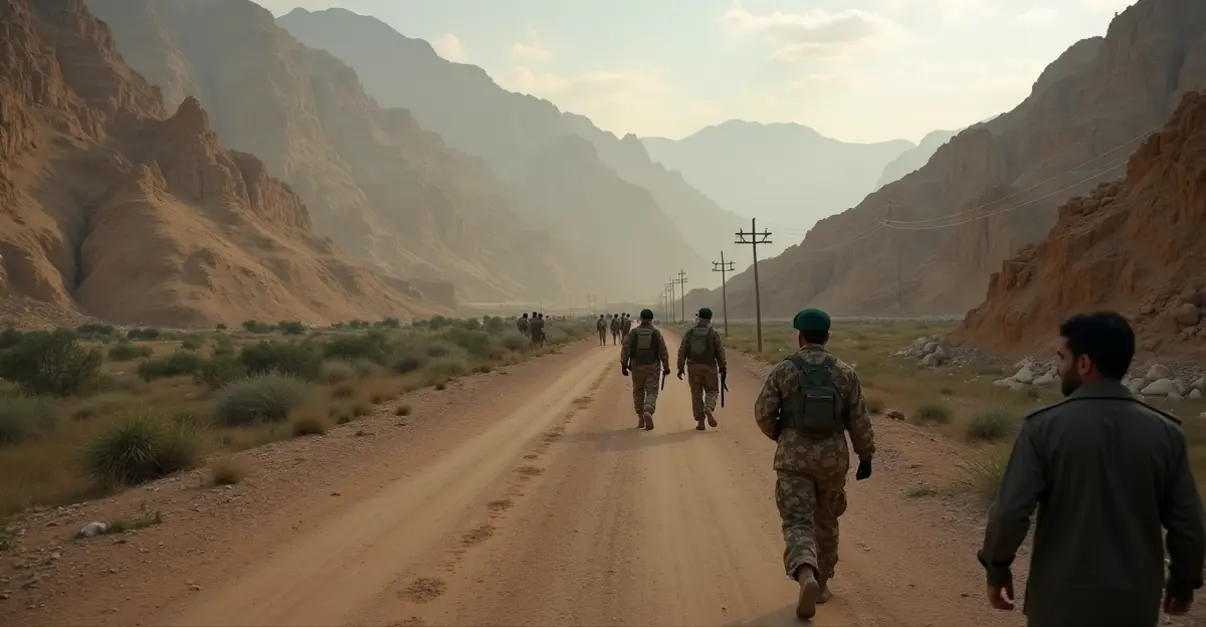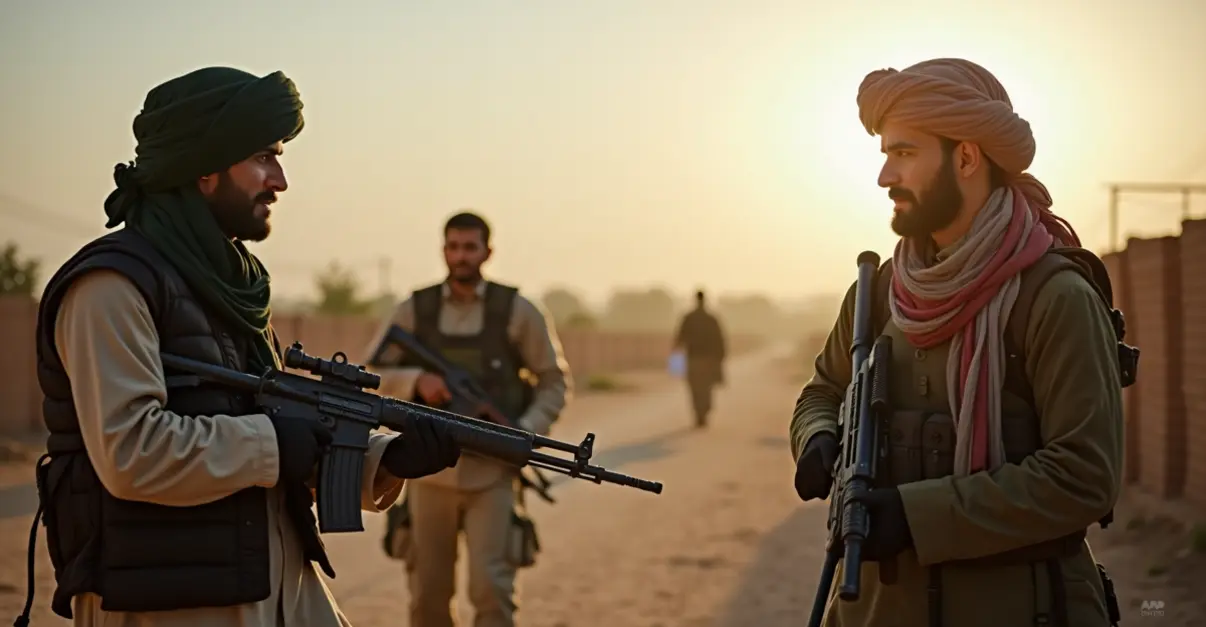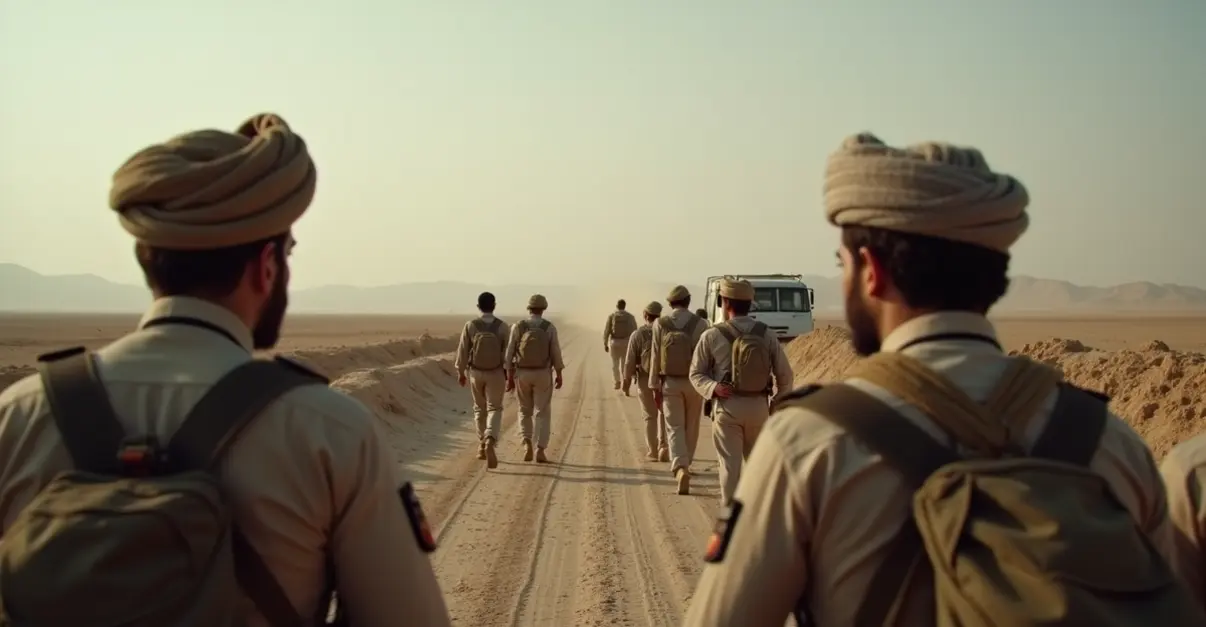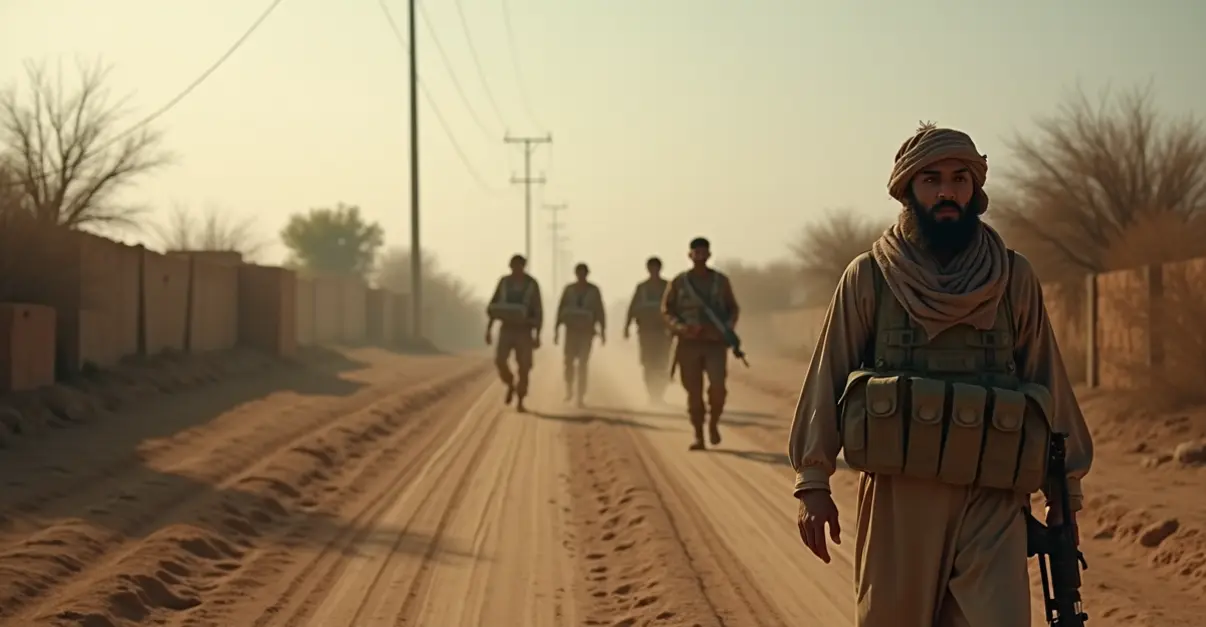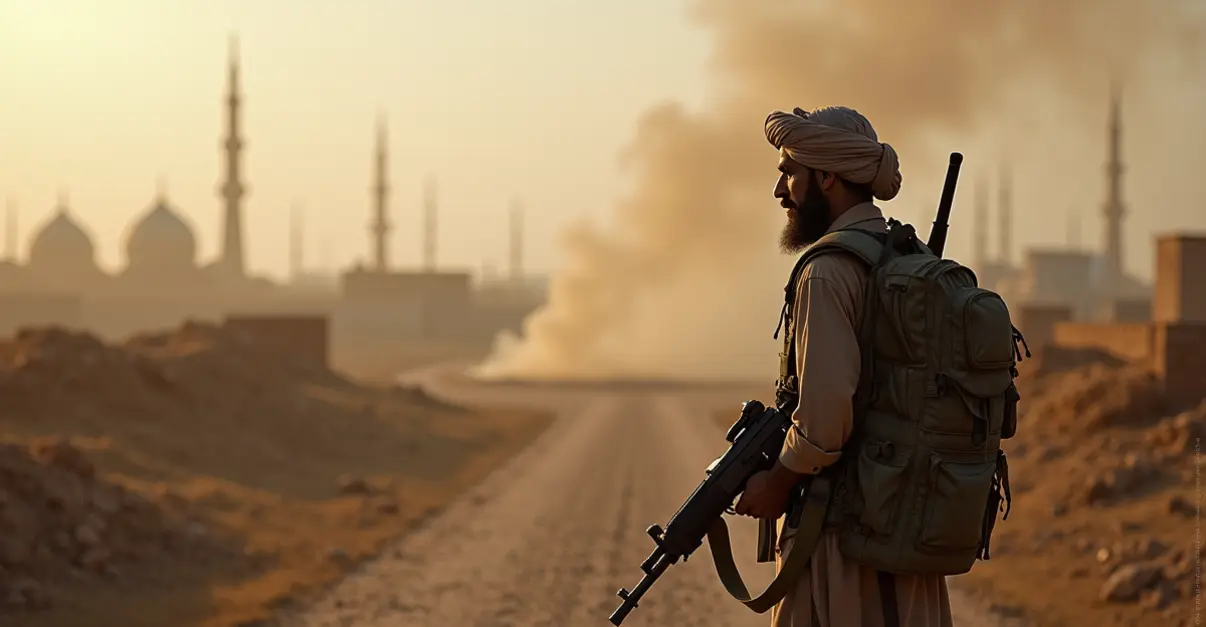Fresh border clashes between Afghanistan and Pakistan have killed at least 12 civilians and injured over 100, with both sides trading accusations. Border closures disrupt vital trade, while UN reports confirm Taliban support for Pakistani militants.
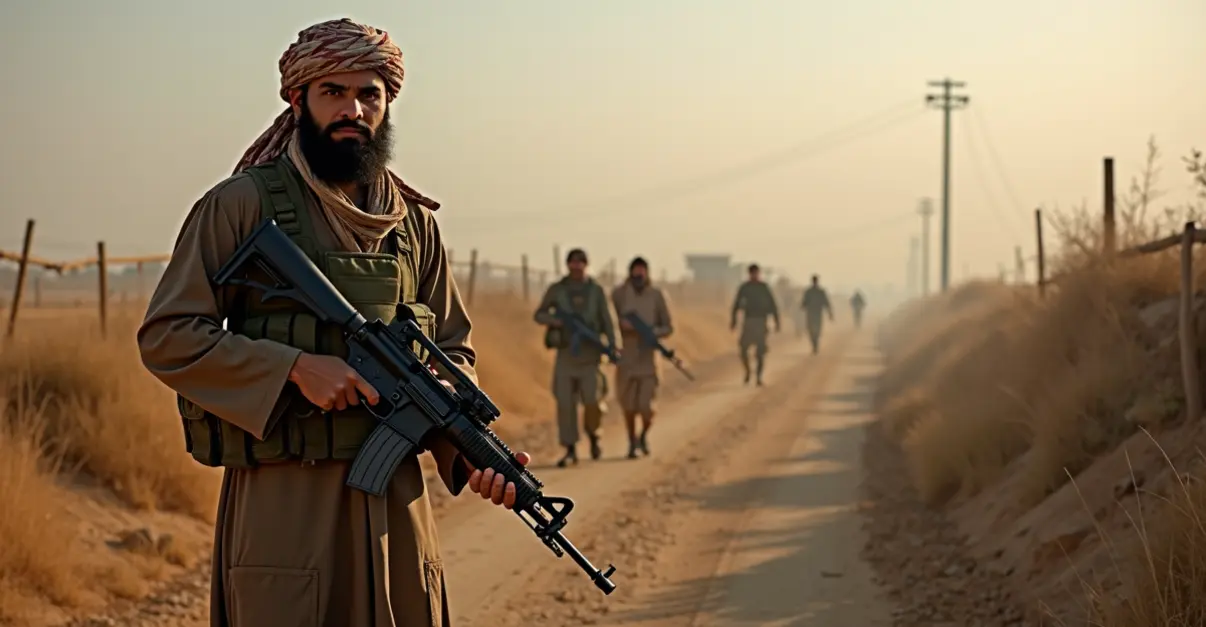
Border Conflict Intensifies with Civilian Casualties
Fresh violence has erupted along the volatile Afghanistan-Pakistan border, with Taliban officials reporting at least 12 civilian deaths and over 100 injuries following what they describe as Pakistani military strikes. The escalation represents the most serious border confrontation since the Taliban seized power in Afghanistan in 2021.
According to Taliban spokesperson Zabihullah Mujahid, 'Pakistan has once again attacked our territory, resulting in the martyrdom of innocent civilians. We have responded appropriately and captured several Pakistani military posts'. The claims, posted on social media platform X, could not be independently verified due to restricted access to the conflict zone.
Military Claims and Counter-Claims
Pakistan's military has offered a different account, stating that six of their soldiers were killed in Taliban attacks. Pakistani security officials accuse the Taliban of initiating hostilities, claiming that four Pakistani civilians were wounded first in cross-border fire.
The current escalation follows similar clashes that broke out last Sunday along multiple points of the 2,600-kilometer border. According to regional analysts, these represent the most intense fighting since the Taliban's takeover of Afghanistan. Wikipedia documentation confirms this as part of an ongoing conflict that began on October 9, 2025.
Border Closures Disrupt Vital Trade
In response to the escalating violence, Pakistan closed multiple border crossings with Afghanistan on Monday, with Afghanistan reciprocating the move. The closures have effectively halted cross-border trade, leaving hundreds of cargo trucks stranded at key transit points like Torkham and Spin Boldak.
'This border closure violates international trade norms and harms ordinary people on both sides', stated a representative from the Afghanistan Chamber of Commerce and Investment. Pakistan serves as a crucial supplier of food and essential goods to Afghanistan, making the trade disruption particularly concerning for Afghan civilians already facing economic hardship.
Root Causes and Regional Implications
The tensions stem from Pakistan's long-standing accusations that Afghanistan provides safe haven to the Tehreek-e-Taliban Pakistan (TTP), an armed group responsible for attacks inside Pakistan. UN Security Council reports have corroborated these claims, noting that the Afghan Taliban provides the TTP with financial support and operational assistance.
Regional security analyst Dr. Ahmed Khan commented, 'This escalation reflects the failure of diplomatic channels and the growing frustration on both sides. The situation threatens regional stability and could draw in neighboring countries if not contained'.
The conflict comes at a sensitive time, coinciding with Taliban Foreign Minister Amir Khan Muttaqi's historic visit to India, Pakistan's regional rival. This diplomatic development has raised concerns in Islamabad about security threats on multiple fronts.
Humanitarian Concerns Mount
Beyond the immediate military confrontation, humanitarian organizations express growing concern about the impact on civilian populations. The border closures disrupt not only trade but also humanitarian access and family connections across the disputed Durand Line.
International calls for de-escalation have come from multiple quarters, including China, Russia, Saudi Arabia, and Qatar. The United States has offered to mediate, though both sides remain deeply suspicious of external intervention.
As the situation remains fluid, with continued reports of drone strikes and military engagements, the international community watches anxiously for signs of either further escalation or meaningful diplomatic progress toward a sustainable ceasefire.

 Nederlands
Nederlands
 English
English
 Deutsch
Deutsch
 Français
Français
 Español
Español
 Português
Português




